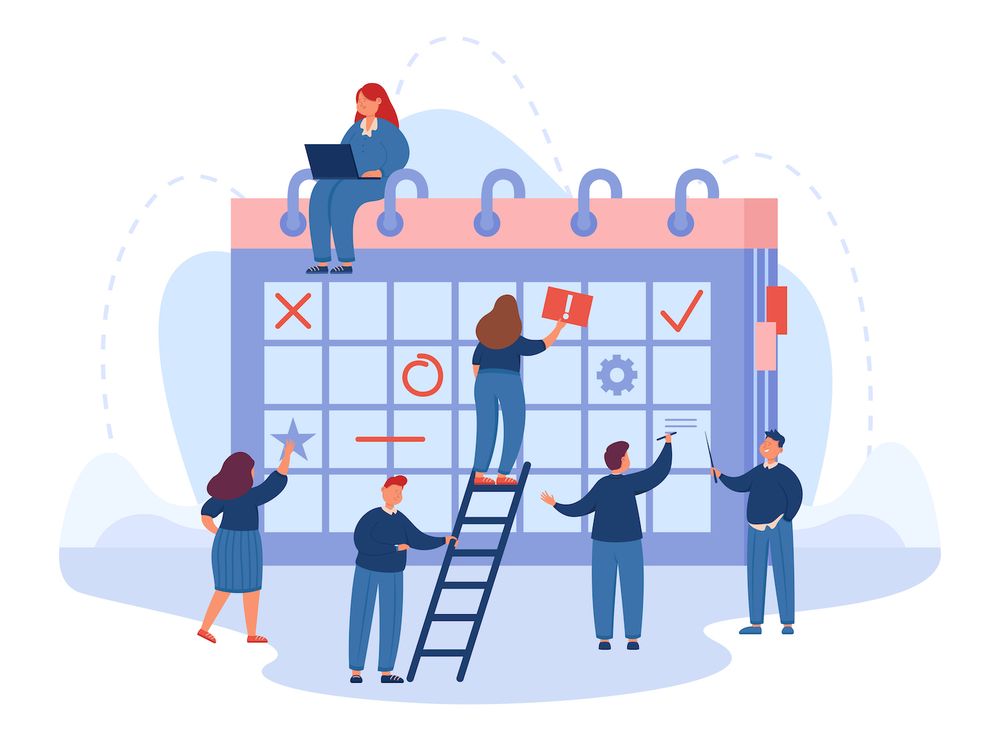SaaS Payment Processing Ten Questions You Should Ask While evaluating solutions
What is the reason why a business chooses one SaaS payment processing provider instead of one?
When I've had conversations with software developers and technical founders over the years I've seen how complex this tech stack choice is to make.
But we wanted to hear directly from technical leaders and software developers on what you need to consider when choosing the SaaS payment processing service.
What is the issue? Conversion optimization options? Integrations? The API documentation?
We asked a small group comprised of SaaS creators as well as software engineers what they are looking for when they are looking for many different answers that included:
- Subscription management
- Payment methods
- Fraud detection and prevention
- PCI compliance
- Converting currencies
- Localization
- VAT and sales tax
Here are ten questions that came up over and over again in our conversations
Evaluation Checklist: Ten Questions to be asked by SaaS Payment Processing
1. Is it PCI compliant?
Based on the 2020 Verizon Payment Security Report the report shows that less than 28% of businesses studied were in compliance to The Payment Card Industry Data Security Standards (PCI DSS) -- a number that continues to drop each year.
How do you know whether the credit card processing company is fully PCI compliant? Lee Grant, CEO of Wrangu, recommends asking about their encryption methods.
"Tokenization is among these standard that totally erases card data, offering an extra layer of protection. In addition, safer gateways decrease the risk of fraud and consequently, lower processing costs."
2. What can the service provider do to protect against payment fraud?
"What steps does the company take to assure it's safe from phishing scams, fraud as well as other cyber-attacks which could scare potential clients off?" David Levi, the founder of Cryptoner advises you to ask. He also recommends asking a company what kinds of tools it uses for resolving issues with transactions. Think about asking them what their typical response time is to a cybersecurity threat.
"These are only a few of the issues you have to consider when evaluating the payment solution you are considering as those are questions your customers will surely be asking you," Levi says.
3. Can it take a variety of payment options?
Be sure to keep in mind things such as coupon codes and special promotions, customized invoices, refunds and other forms of payment -- the things you'll need for optimal customer relations and to maximize conversions.
If you're looking at billing solutions, you'll want to see the complete list of payment options they will accept, as well as the currencies they accept.
"It's essential that you are able to access a a wide range of payment options that will allow you to facilitate international financial transactions and also accept payments in multiple currencies, as well," advises Eden Cheng, co-founder of PeopleFinderFree.
4. Are you aware of the costs?
Be sure to know the amount you'll have to pay to use an SaaS Payment processing system. Payment processing is a complex process. There are specific fees associated with various types of transactions. It's for instance, much more costly processing the credit card rather than the ACH transaction. But, it's important to watch out for extra charges, such as fees for setting up a gateway or merchant account charges.
"Many processors charge the option of a fixed cost per transaction , along with some percentage of the actual transaction" Rahul Mohanachandran, co-founder of Kasera, explains. "Also ensure that you examine these fees when you are shopping for larger volumes as they will get cheaper per transaction."
5. Is it highly customizable?
In addition to the payment options and billing localization, make sure that your provider has been set up to take care of all the existing services. Does it offer recurring billing as well as one-time payments? Do you offer usage-based or additional advanced membership plans?
"When you have different payment methods, you'll require a payment solutions provider that covers all of them," says Alina Clark, co-founder & marketing director for CocoDoc. "Being capable of customizing payments systems for your specific business process is crucial for the efficiency of your business."
6. Does it offer dunning management?
"It's frustrating to have this done," Dussud admits, therefore, find a firm which can handle it for you.
7. Is it user-friendly for both employees and clients?
Technical founders talked a lot regarding user-friendliness and ease of use, talking about both front-end as well as back-end components.
"Your employees need to easily use the system to search for problematic charges, transactions or refunds. In terms of customers, it's crucial that the system be user-friendly to avoid abandoning carts or abrupt exits from the business funnel," Explains Lawmatics founder and CEO Matt Spiegel.
It's hard to determine how user-friendly an application will be until you're able test every feature and incorporate the software with your data and existing tech stack. To this end, look for products that provide trial periods that are free.
8. How robust can you say about the API?
"Given the level of developer time required in establishing your payment system, choosing a provider that gives a very robust and well-documented API is essential," explains the co-founder of Fox-Listed the online marketplace to purchase auto components in Australia.
9. Does it integrate easily to your website?
Alongside having a robust API, the payment system needs to easily integrate to your site. Eric McGee Senior Network Engineer, TRGDatacenters. reiterates how important this is:
"You should select a payment gateway system that is easily integrated with your eCommerce website. If not, the process is slow and this affects the quality of your website's user experience. Choose a payment platform that's integrated instructions are clear simple, and straightforward as well as one whose customer support can be reached quickly for assistance when it comes to the payment process."
10. Does it grow with you?
"Measure the potential of your company's own for growth against the growth of the payment processor that you are evaluating," advises Austin Dowse Aimvein's CEO. Aimvein.
As Dowse states, "It is important that your payment processor can adapt and grow at the same pace as your company does."
Provides SaaS Payment Processing -And Much More
If you require solutions that include:
- Global payment processing with check-out localization as well as international tax management.
- Flexible subscription management, including trial periods, free trials, annual plans with paid subscriptions, proration, and discount management.
- SaaS B2B sales administration, including electronic invoicing, interactive quotes as well as CRM integration.

